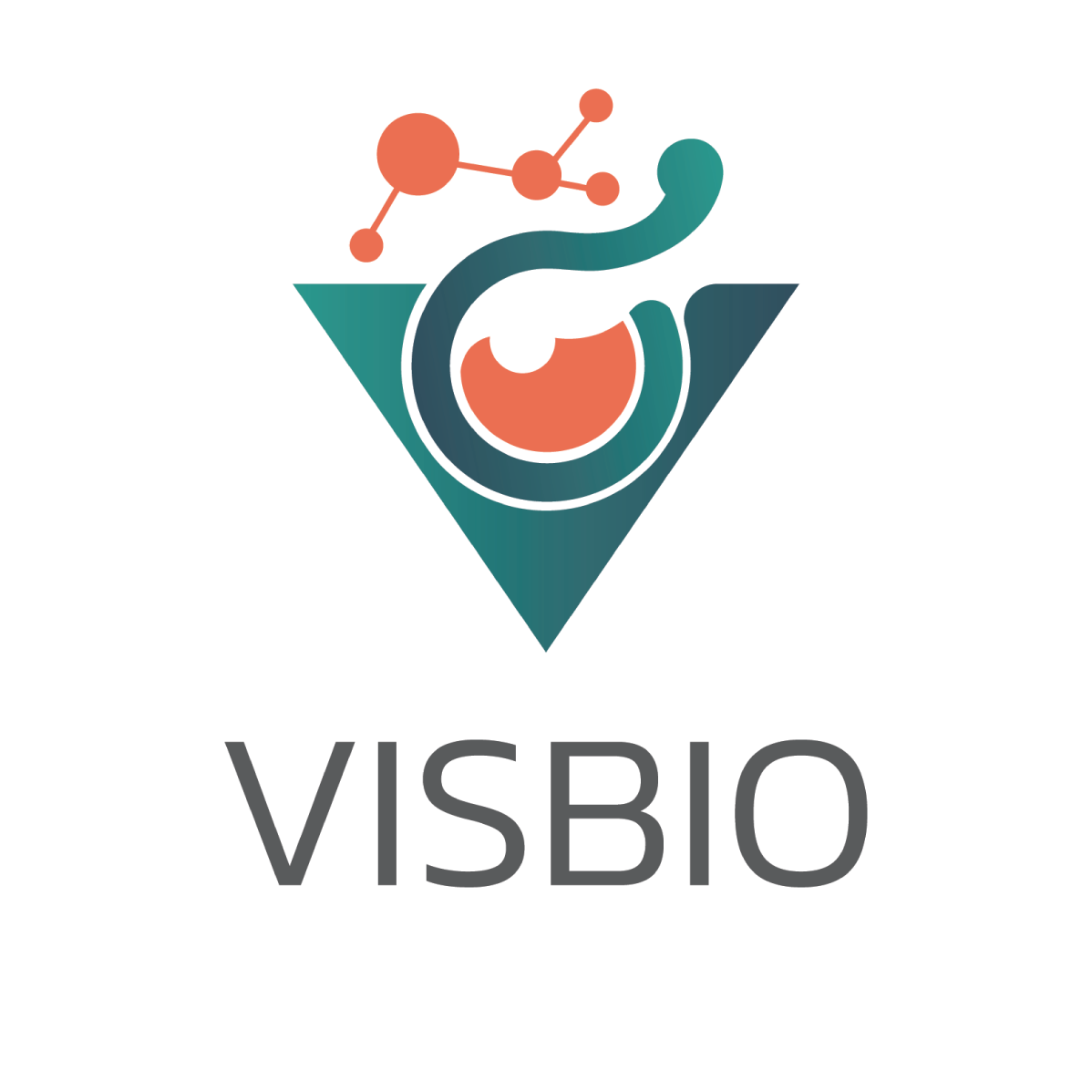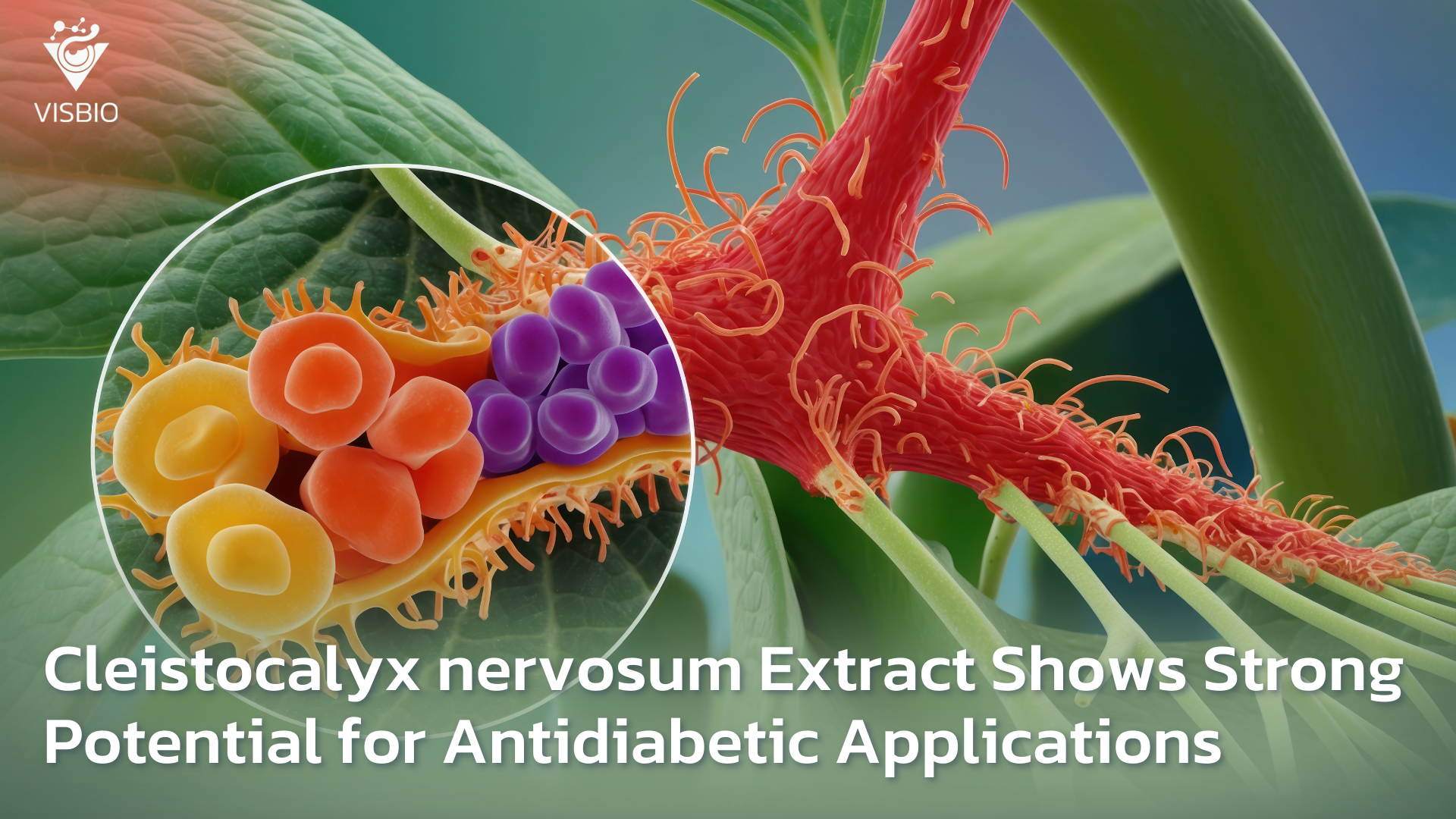Diabetes mellitus remains a significant global health challenge, impacting millions worldwide. The hunt for effective antidiabetic agents has brought natural resources, such as medicinal plants, to the forefront. Cleistocalyx nervosum var. paniala (known locally as Ma Kiang) is one such Southeast Asian fruit-bearing plant celebrated for its medicinal properties in traditional practices. With diabetes on the rise, exploring plant-based therapeutic solutions has become imperative.
In a recent publication, titled “In Vitro Evaluation of Antidiabetic Potential of Cleistocalyx nervosum var. paniala Fruit Extract,” researchers, including Associate Professor Dr. Kiattawee Choowongkomon, investigated the antidiabetic properties of this indigenous berry. This study, published in Plants (2023) with the DOI: 10.3390/plants12010112, focused on various extracts’ abilities to inhibit key enzymes and enhance glucose uptake.
Key Findings at a Glance
| Test | Ethanol Extract Results | Control Comparison |
| α-Amylase Inhibition | IC50: 0.42 mg/mL | Acarbose (Standard): 0.09 mg/mL |
| α-Glucosidase Inhibition | IC50: 0.23 mg/mL | Acarbose (Standard): 0.12 mg/mL |
| Glucose Uptake (HepG2 Cells) | Higher uptake than untreated, metformin-like | Compared to untreated control |
| Lipid Accumulation (3T3-L1) | No significant increase compared to control | Rosiglitazone (Increased lipid) |

Natural Antidiabetic Action: Dual Enzyme Inhibition
The results highlight that the ethanolic extract of Cleistocalyx nervosum is particularly effective, showcasing a significant inhibitory effect on α-amylase and α-glucosidase—crucial enzymes involved in carbohydrate metabolism. By slowing the breakdown of carbohydrates, these extracts help manage blood glucose levels, offering a natural approach to diabetes control. This dual-action enzyme inhibition is a powerful strategy to counter postprandial hyperglycemia.
Enhanced Glucose Utilization
Additionally, the ethanolic extract outperformed in promoting glucose uptake in HepG2 liver cells and L6 myoblasts. This effect mimics the mechanism of metformin, a common antidiabetic drug, making Cleistocalyx nervosum a viable candidate for antidiabetic product development. Importantly, the extracts demonstrated no cytotoxic effects, affirming their safety.


Broader Health Benefits Beyond Diabetes
Cleistocalyx nervosum is not just limited to diabetes management. The fruit is abundant in anthocyanins and other polyphenols, known for their antioxidant, anti-inflammatory, and even anti-cancer properties. These multifunctional health benefits suggest that products developed from Cleistocalyx nervosum could appeal to a wider health-conscious audience.
How This Research Opens Doors to New Business Innovations
For businesses in the nutraceutical and pharmaceutical sectors, the findings from this study offer several lucrative opportunities:
- Natural Antidiabetic Supplements: With an increasing preference for plant-based health solutions, Cleistocalyx nervosum-based antidiabetic products could lead the market, especially in regions where diabetes prevalence is high.
- Functional Foods and Beverages: Leveraging the fruit’s bioactive compounds, companies can develop foods and drinks that support blood sugar management while offering antioxidant benefits.
- Cosmeceuticals and Wellness: Given the fruit’s rich antioxidant profile, skincare products emphasizing anti-aging and skin health could be developed, appealing to the growing market for natural beauty products.
Looking Forward: Shaping the Future of Health Solutions
The research on Cleistocalyx nervosum underscores the potential of integrating traditional medicinal knowledge with modern scientific validation. As the demand for clean beauty solutions and natural dietary supplements rises, the development of plant-based products becomes a promising avenue for innovation.
Partner with Us for Groundbreaking Natural Health Solutions
Companies interested in staying ahead in the wellness and health industries can collaborate with experts like Dr. Kiattawee Choowongkomon. Leveraging this research, your business could pioneer the next generation of natural, safe, and effective health solutions. Contact us today for a free consultation.

About the Author:
Associate Professor Dr. Kiattawee Choowongkomon is renowned for his work in biochemistry and natural product research. With extensive experience in translating plant-based research into viable therapeutic applications, he continues to bridge the gap between tradition and modern science.
About the Research:
This research, titled “In Vitro Evaluation of Antidiabetic Potential of Cleistocalyx nervosum var. paniala Fruit Extract”, published in Plants (2023), explores the fruit’s enzymatic inhibition and glucose uptake benefits. DOI: 10.3390/plants12010112.


